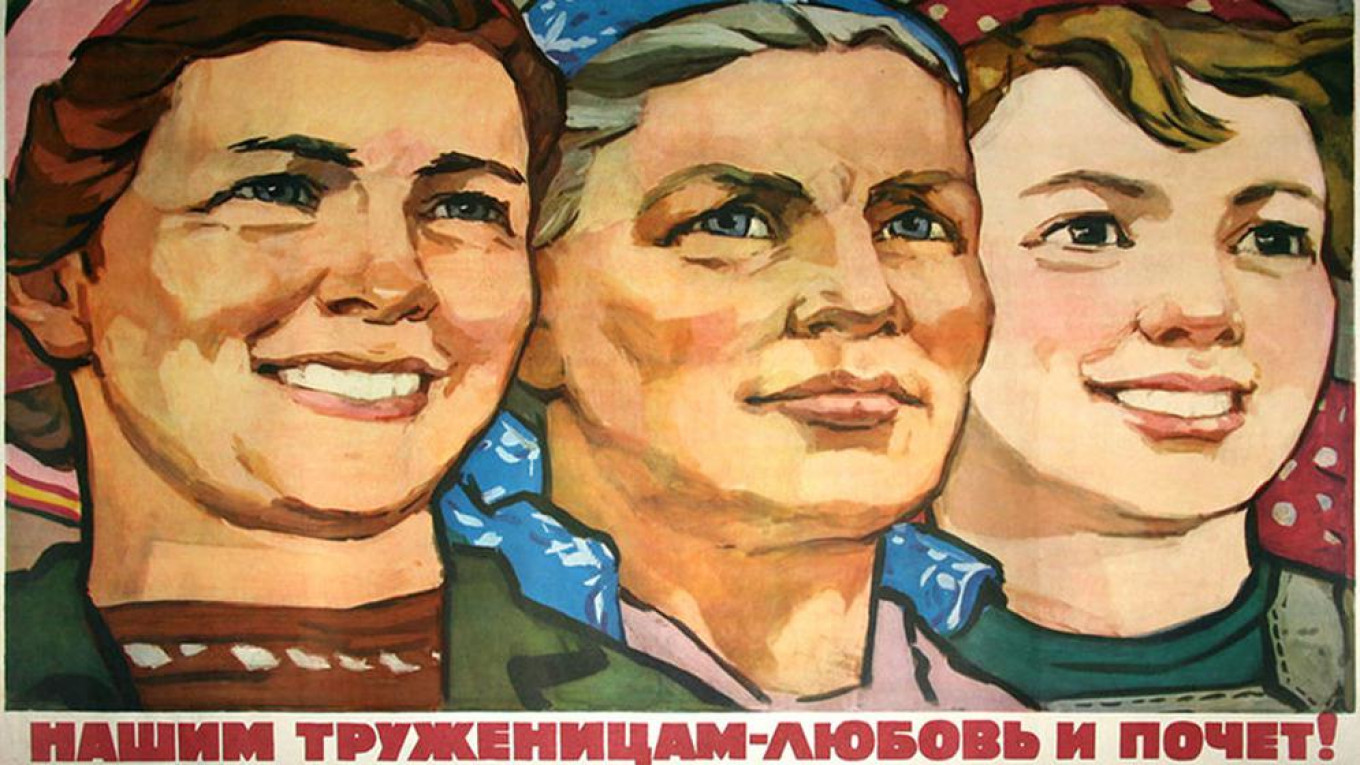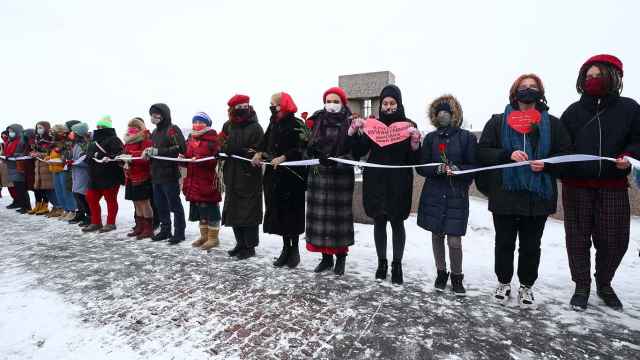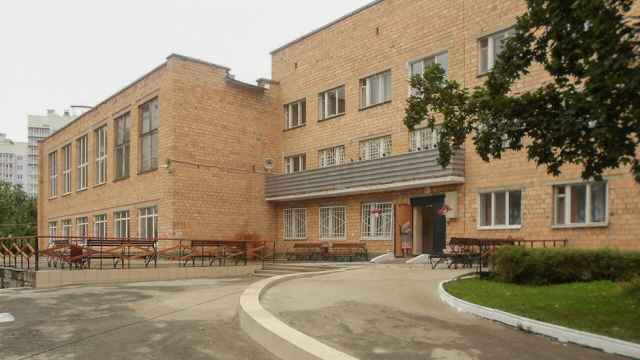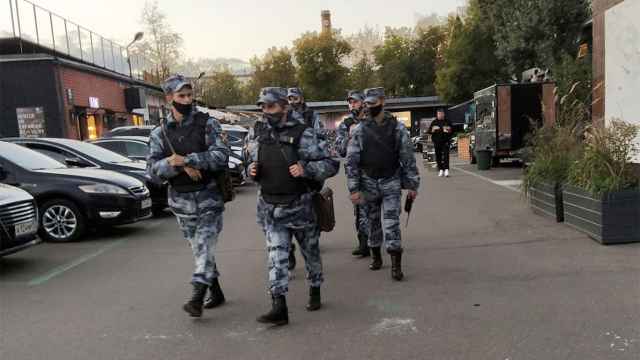Before we congratulate our women on March 8, we must confess to two sins. First: Russian society is sexist. Second: almost nobody here thinks that that’s something to be ashamed of.
According to a recent Levada Center poll, 58 percent of women think men have a greater chance of advancing in their jobs. While 47 percent of men think the two sexes have equal chances of climbing the professional ladder, only 37 percent of women agree.
Still, 46 percent of men concede that they have greater opportunities than women do. And no more than 3 percent of either gender dares to assert that it is easier for women to advance in their jobs.
Pensioners, who have already achieved what they could in the workplace, were the most emphatic on this. Of that section of the population, 64 percent – most of whom are women – said men have greater career opportunities in Russia. Fifty-seven percent of young respondents, whose careers are just beginning, agreed.
Russians, it seems, generally recognize that gender inequality exists in the workplace. And yet they do not consider it one of the main problems facing society.
A special study on this topic found that only 10 percent of women complain of gender discrimination, putting it in 6th place among their concerns. And yet, twice as many people agree with the statement that women “earn lower salaries than male colleagues in the same job and with the same work experience.” Women place this problem second, but they do not consider it discrimination.
Why? Because almost every Russian believes that the different rules that apply to men and women are rooted in science. This conviction is so strong that the wage discrepancy seems perfectly natural. As does the idea that the boss should always be a man.
Women are here to raise children, to sit at a desk, stand behind a sales counter, wash the floor, and clean the toilet. Men, of course, refuse to do such work, while women choose it themselves. (Bosses, too, we might add, prefer to have women in such positions.)
Maybe there is nothing wrong with this, since no one seems to object — yet. But consider that Russia’s rapid shift to a market-oriented, de-industrialized service economy means that a huge share of jobs — some say one-third, some argue more than one-half — are short-term, distributed among small service enterprises and often illegal. And many of these positions are filled by women, for the perfectly “natural” reasons stated above.
These jobs offer little or no labor protection, social guarantees, standardized working hours or salaries, occupational safety or labor-saving mechanization or automation. At the same time, the pay is lower. Meanwhile, the growth in the number of such jobs is outpacing progress in this area. The result is that there is a risk that the quality of life for women will decline.
Despite this, women remain the most solid pillars of both family and society. And although their spirits might be a little less high than men’s as March 8 approaches, they are, on average, more supportive of Russia’s political leadership. Perhaps we should be congratulating them instead!
Alexei Levinson is the director of the Socio-Cultural Research Department of the independent Levada Center pollster.
This op-ed was first published in the business daily Vedomosti. The views and opinions expressed in opinion pieces do not necessarily reflect the position of The Moscow Times.

A Message from The Moscow Times:
Dear readers,
We are facing unprecedented challenges. Russia's Prosecutor General's Office has designated The Moscow Times as an "undesirable" organization, criminalizing our work and putting our staff at risk of prosecution. This follows our earlier unjust labeling as a "foreign agent."
These actions are direct attempts to silence independent journalism in Russia. The authorities claim our work "discredits the decisions of the Russian leadership." We see things differently: we strive to provide accurate, unbiased reporting on Russia.
We, the journalists of The Moscow Times, refuse to be silenced. But to continue our work, we need your help.
Your support, no matter how small, makes a world of difference. If you can, please support us monthly starting from just $2. It's quick to set up, and every contribution makes a significant impact.
By supporting The Moscow Times, you're defending open, independent journalism in the face of repression. Thank you for standing with us.
Remind me later.








